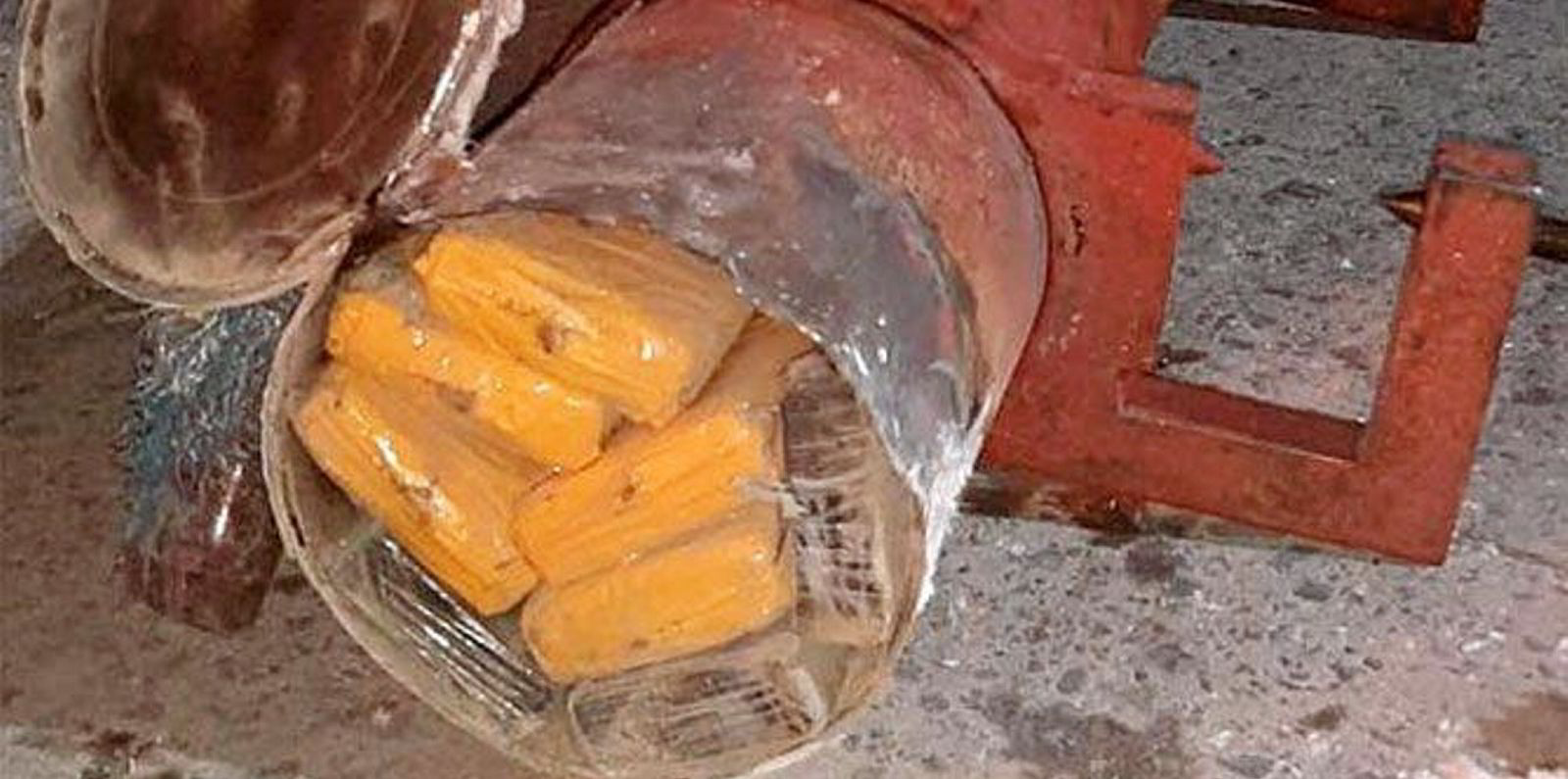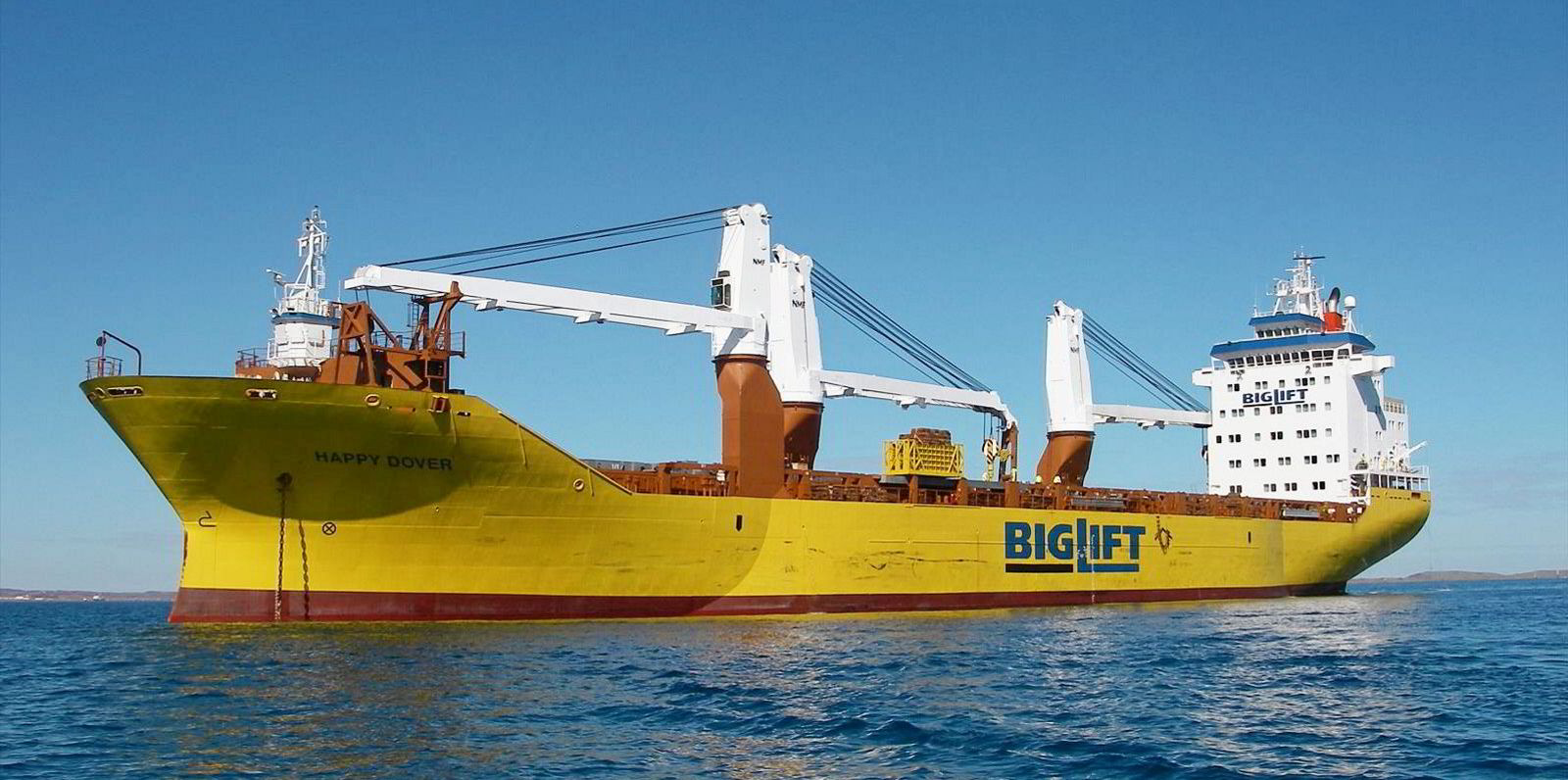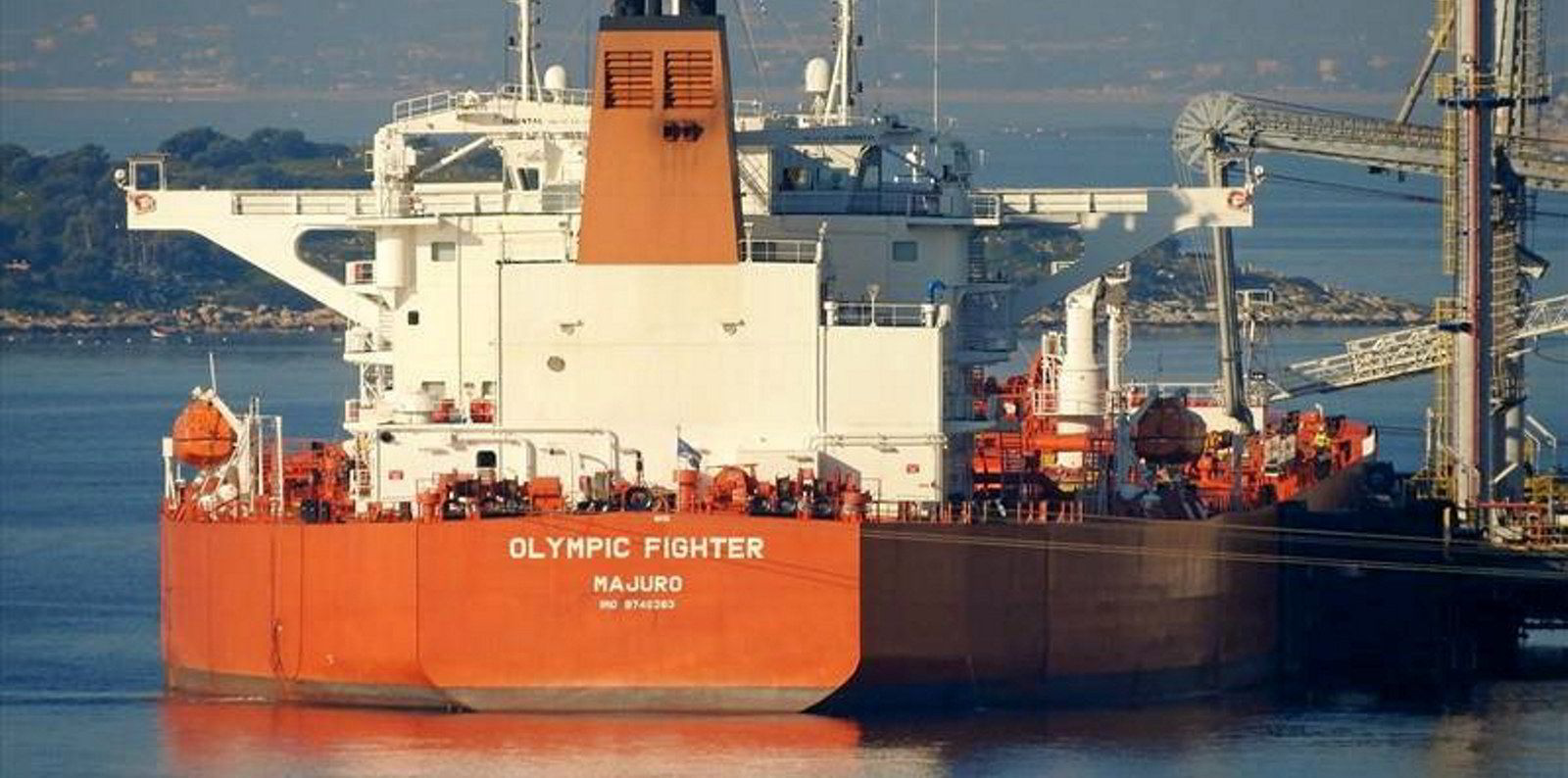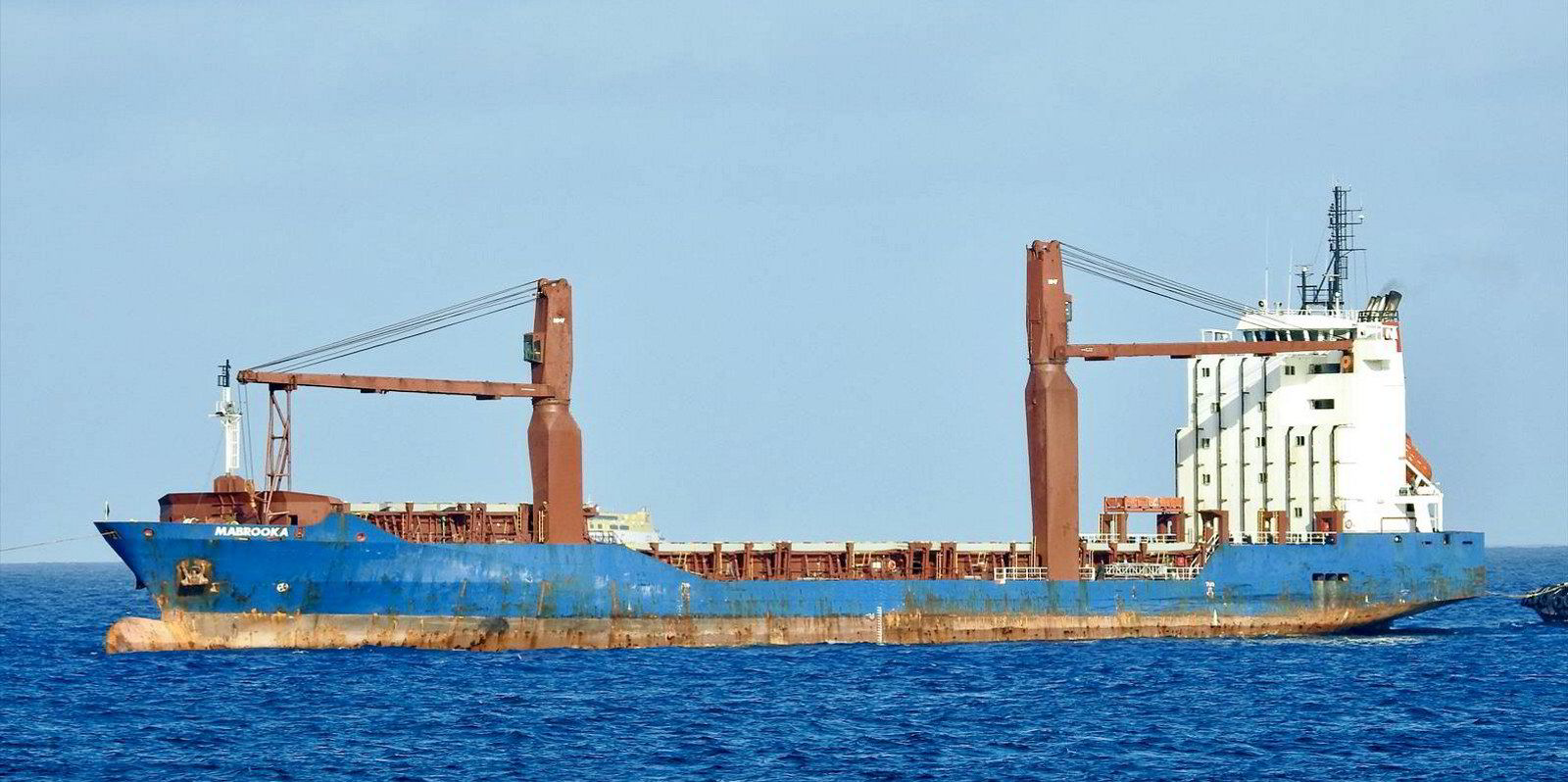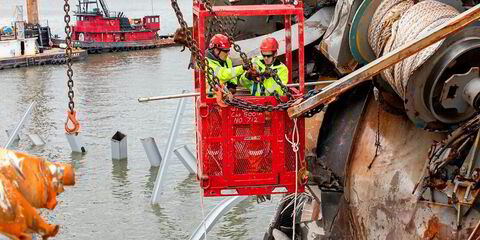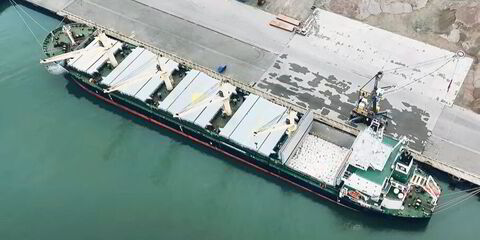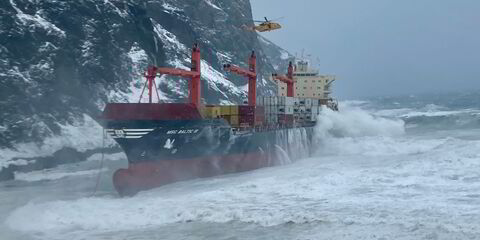Drugs traffickers are increasingly looking to North Africa as a transhipment point for cocaine, shipowners have been warned.
Two seizures of the narcotic in Libya-bound containers within a week of each other last month indicate that usual routes through West Africa are being disrupted by increased security there, maritime intelligence consultancy Dryad Global said.
Customs inspectors at Malta Freeport seized 612 kg of cocaine worth €69m ($84m) in December, a record haul, according to a statement from the country's customs department.
The drugs, hidden in pallets of cooking oil from Ecuador, had transited through Colombia before being intercepted, Maltese customs said.
"Discrepancies in the scanning image of the cargo lead the officials to carry out a physical inspection on the container's load," the department added.
Suspicious cargo
The pallets appeared dense compared to regular images and, subsequently, officials offloaded and dismantled one of the pallets.
A total of 510 packets of cocaine were eventually found.
Three days earlier, authorities at the port of Guayaquil in Ecuador seized 582kg of cocaine hidden in 19 pieces of teak bound for Libya and Syria, detaining one person in the process.
These are not the first discoveries of cocaine being shipped to Libya in recent years, though they are the largest, Dryad Global said.
In May last year, Brazilian tax authorities found 128 kg in two containers at the Port of Itajai.
Seizures increasing
And in July 2018, Colombian police seized 43 kg of the drug at the port of Buenaventura, hidden within the structure of a container bound for Libya’s port of Benghazi.
In 2016, Libyan fishermen found 70 kg of cocaine floating off a beach near Tobruk.
Algeria, Tunisia and Morocco have also seen a rise in seizures.
Overall cocaine finds in Africa have risen, from 1.2 tonnes in 2015 to 3.3 tonnes in 2017 and 5.6 tonnes in 2018, according to the 2020 United Nations Office of Drugs and Crime (UNODC) report.
The size of the two shipments to Libya strongly suggests onwards transport to Europe, Matt Herbert, research manager for the North Africa and Sahel Observatory at the Global Initiative Against Transnational Organized Crime told the InSight Crime foundation.
He said the discoveries provide further evidence of how South American trafficking networks are looking to establish direct transhipment points in the Maghreb countries, primarily in Morocco due to its geographic proximity to Spain, but also to a lesser extent in Algeria, Tunisia and Libya.
Unusual choice
Libya is a particularly unusual cocaine transit point, especially through a direct South America-Libya connection, Herbert believes.
While Libya does have a rapidly growing domestic cocaine market, marijuana resin and opioids are the much more common drugs both for consumption and transit, a 2019 report by the European Monitoring Centre for Drugs and Drug Addiction (EMCDDA) said.
"Drug shipments via container shipping in effect need to blend into the mix and accept the itinerary of the cargo vessel,” Herbert added. "This one happened to call in Malta."
The consignment could have ended up in ports like Misrata, al-Khoms, Benghazi and Tobruk.
The packets could then have been moved on to Italy or the Balkans, with smaller volumes flowing to Turkey and via Egypt into the Middle East.(Copyright)
